“YES AND-ING"
by D.D. Jackson
[originally published in DownBeat magazine, Feb./05]
Back in college, an informal gathering of students would meet regularly at my dorm to play an improvisational acting game. The rules were simple: When a participant wanted to join in, he or she would simply yell “freeze.” The improvised scene would stop, the person would touch and take one of the others’ places, and the action would continue, often in a remarkably different direction. I watched for hours with fascination as the actors unfolded effortless scenarios and characters, wishing that I as a musician could somehow take part.
Years later I was therefore thrilled when I was told that Chicago City Limits, New York’s longest-running comedy/improv revue, needed a pianist to fill in for one night. An offshoot of the famous Second City troupe, CCL had been supplying New York with some of its most renowned theatrical improvisers for more than 20 years. Their format was simple but effective: Each night a cast of five ad-libbed various scenes, taking suggestions from the audience, culminating in an entirely improvised musical based upon the events of one audience member’s day.
The more I continued to work with them, the more I was reminded of those early days at Indiana. Each night, through acute listening, accepting of the realities they presented to each other in a given scene and then building from there, these crack improvisers were able to unfold fascinating off the cuff routines in an amazingly organic way. I soon discovered that this process of “Yes Anding,” as they called it (saying “yes” to a reality offered by a colleague in the moment and then “Anding” or adding to it further from there) was the heart and soul of their creative process.
What fascinated me even more were the obvious parallels between their improvisational world and the world of jazz. What could be more similar to “Yes Anding,” for example, than the moment in a jazz solo in which the soloist says “yes” to the musical ideas of one’s band mates, then builds upon this energy with further creative ideas of his or her own? Even an artist improvising alone could be seen as a process of “Yes Anding”: Rather than second guessing every musical move right after making it, a successful, in-the-moment artist is one who accepted the reality of what he or she just created, added further ideas to the mix, and propelled the music creatively forward in the process.
Of course, there is more to this approach than simply the “Yes And.” The acting improv world is filled with innumerable formal approaches to improvisation, with mysterious-sounding forms such as the “Harold” or “Byrone,” and a form I am currently participating in entitled “Luck of the Draw.” In this latter form, classic storytelling structure is broken down essentially into its component parts, and the various archetypal character roles from great literature (“Protagonist,” “Antagonist,” “Guardian,” “Troublemaker,” etc.) are assigned at random to each of the actors at the beginning of each show. Then, using randomly supplied song titles and spoken lines from the audience and with disciplined devotion to a strict dramatic and song framework, the entire musical is improvised.
Just as a good jazz improvisation benefits from a solid contextual framework, these theatrical improv forms provide solid foundations on which to unfold scenes. But regardless of form and whether with theater or jazz improvisation, I will always take to heart the fundamental concept underscoring it all: Listen, accept and build from there.
